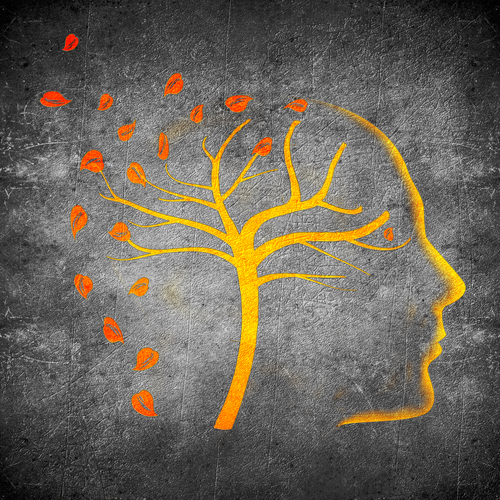New genes that may contribute to Alzheimer's understanding identified
IANS Aug 16, 2018
Researchers working on Alzheimer's Disease Sequencing Project (ADSP) have identified new genes that will further the understanding of the genetic risk factors that predispose people to the development of Alzheimer's disease (AD).

The ADSP was developed by the US National Institutes of Health (NIH) in response to the National Alzheimer's Project Act's milestones to fight the disease."Many of our findings will provide the insight into disease mechanisms and targets for biological experiments to gain further understanding about the role of these genes in AD pathogenesis," said co-author Lindsay A. Farrer from Boston University School of Medicine in the US.
For the study, published in the journal Molecular Psychiatry, the team compared the exomes (gene-coding portions of entire genetic sequences) of nearly 6,000 individuals with Alzheimer's and 5,000 cognitively healthy older adults.The researchers found rare variations in genes that they believe may contribute to the development of common Alzheimer's.
These newly discovered genes may suggest an inflammatory response and changes in the protein production. These combined changes are thought to contribute to the overall neurodegeneration witnessed in Alzheimer's, the researchers said. According to the researchers, the incidence of Alzheimer's is increasing each year and is the most common cause of dementia.
Alzheimer's is characterised by the formation of senile plaques and neurofibrillary tangles in the brain, leading to neurodegeneration and decline in memory, and eventually death. Despite the growing prevalence of Alzheimer's and cost to society, the genetic and environmental factors that make some people more susceptible to the development of Alzheimer's is still not well understood, the researchers said. The researchers hope their work will help bridge the knowledge gaps of the genetic architecture related to Alzheimer's, which is a necessary step toward a better understanding of mechanisms leading to Alzheimer's and eventual therapeutic treatments.
-
Exclusive Write-ups & Webinars by KOLs
-
Daily Quiz by specialty
-
Paid Market Research Surveys
-
Case discussions, News & Journals' summaries